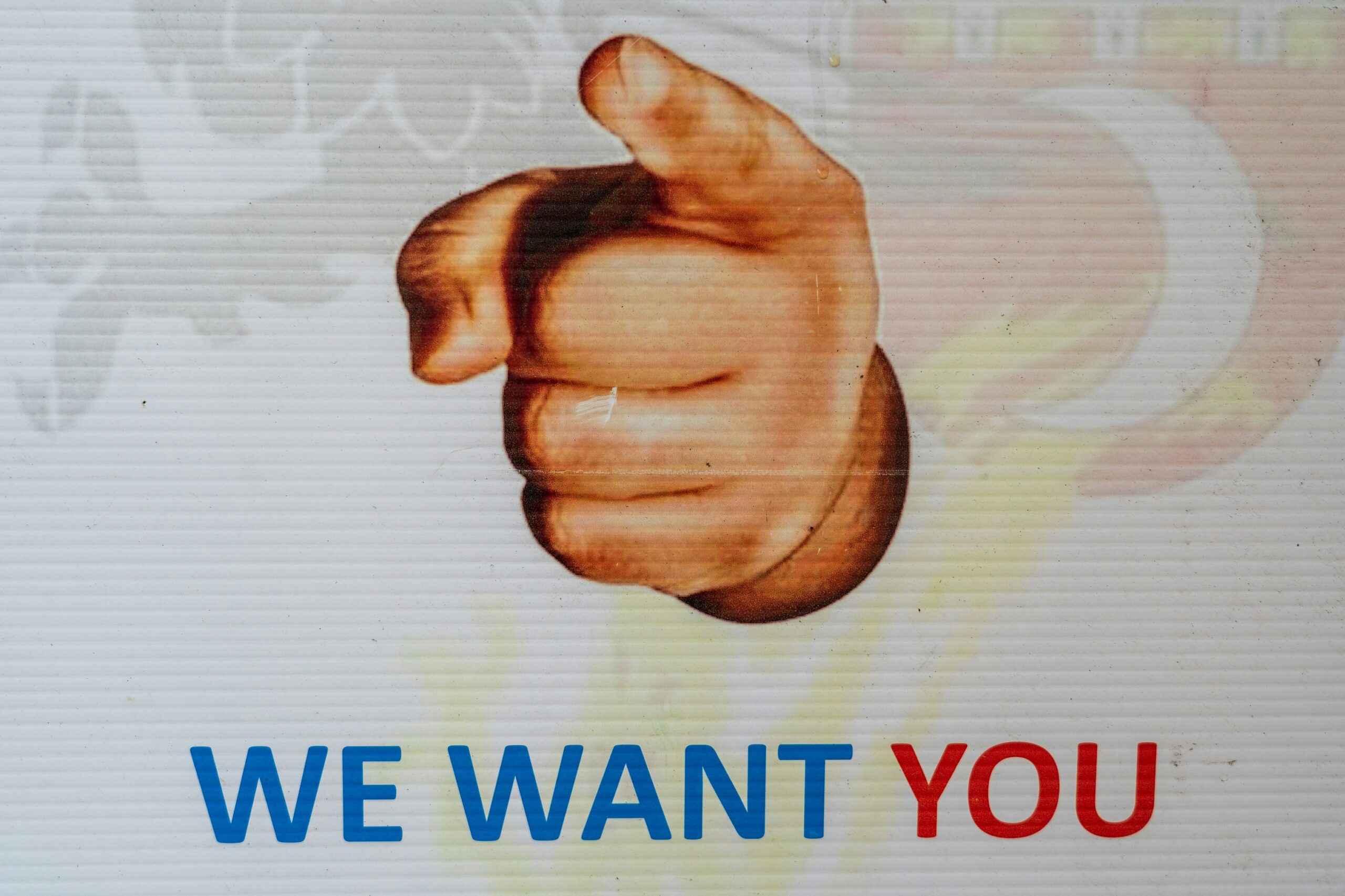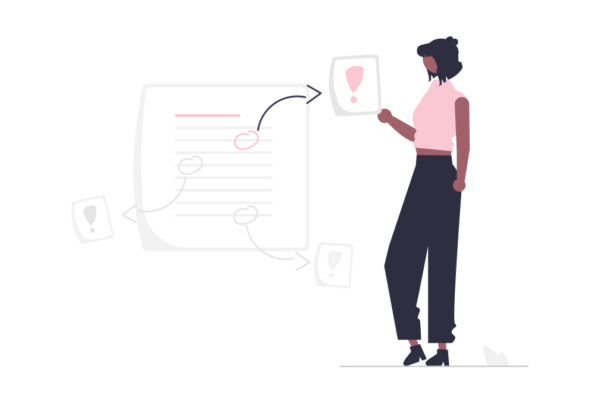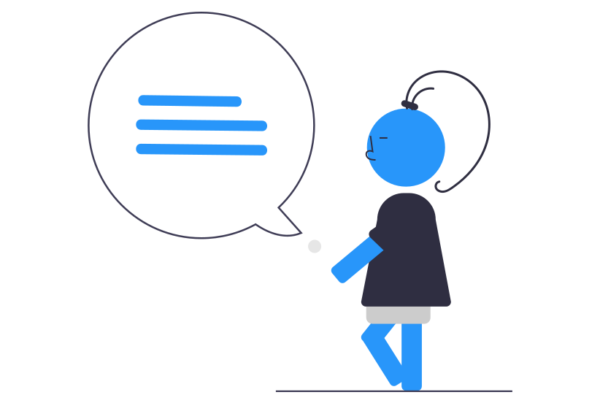How many times have you felt uncomfortable asking a learner or your class to do something? 🤔 Maybe it was an activity, or perhaps you had to take a participant aside for behavior issues. If you take a step back and look at it, all of corporate training is essentially the process of asking others to do something. Since asking others to do something is so central to our craft, it’s important to understand a little bit about the psychology behind it. 🧠
It is well-documented that I’m a Robert Cialdini superfan. 📚 You’ve heard me talk about the influence of authority. You’ve also heard me talk about Stanley Milgram’s shock experiment in relation to authority. ⚡ When I’ve talked about Stanley Milgram’s shock experiment and its relation to authority, one of the six principles of influence, I’ve always focused on the point of view of the teacher. The truth is, just about everyone imagines themselves as the teacher when learning about this experiment. 🧑🏫 After all, the teacher’s reaction to being pushed outside of their comfort zone was the variable being tested. Recently, I came across some work by Vanessa Bohns from Cornell University. She decided to ask some questions about the person playing the experimenter and what they experienced. 🤔
If you need a quick refresher on the experiment, here it is: 👇
- Was the experimenter surprised to see people go along with the experiment? 😲
- Was the experimenter surprised to see the teachers take it as far as they did? 😳
- How uncomfortable did it make the experimenter to make these requests of the teacher in the first place? 😟
Vanessa Bohns ran several experiments of her own, as well as studied some of the lesser-known experiments of Stanley Milgram in search of answers to these questions. 🔍 What she found was that when people make requests of others, they tend to underestimate the social pressure that it puts on the requestee. They also tend to underestimate the likelihood that they will get a yes to their request. 👍
In other words, people underestimated their influence over others and thought it would be much easier for others to say no to them than it actually is. 🚫
Psychologists call this phenomenon the egocentric bias. When people are so consumed with their own perceptions, they fail to realize what the other person is going through. While experiencing this phenomenon, it is very easy to underestimate our own power of influence and overestimate how easy it is for others to decline even the most eccentric requests. 🤯
In other words, people underestimated their influence over others and thought it would be much easier for others to say no to them than it actually is. 🚫
🎓 Applying the Psychology of Asking in Corporate Training 🎓
So, how is this information helpful in the world of corporate training? Awareness and empathy are the keys to unlocking the ability to overcome egocentric bias and leverage the knowledge to your benefit. 🔑
Building your awareness:
Building your awareness of egocentric bias is probably easier in theory than it is in practice. It may not happen overnight for you, but over time, if you keep with a few best practices, you should see improvement. Here are some of the best practices that have worked for me: 🌱
🌬️ Deep Breathing: In stressful situations, your breathing will be one of the first things to fall out of rhythm. Noticing that and taking a moment to take a few deep breaths to get it back on track will help relax you, send oxygen throughout the body, and refocus you. 🧘♂️
👐 Open Body Language: Stress will also cause your body language to close inward. Hands in pockets, arms across your chest, maybe even clenched fists or jaw. Combining awareness around this with deep breathing and relaxation will help. Then you can move your body into open gestures. 🌟
👀 Stay Present: Active engagement with eye contact, verbal affirmations, and active listening will help keep you rooted in the moment and the interaction at hand. 👂💬
Building your empathy:
There is a lot of literature on building your empathy. 📚 There are plenty of books and courses for you to choose from. A few things that help me be more empathetic in the moment are: 💓
🔍 Observing Body Language: I look for the same cues in others that I work hard to overcome. Shortness of breath, crossed arms, clenched fists, tight jaw. The same stress signals you exhibit, others do, too. So keep an eye out for them. 👀
🔄 Refocus your attention: Refocus your attention on what others might be feeling based on the behavior you are observing from them and the situation. Try to imagine what you might be feeling if you were in the same situation exhibiting the same behaviors. You might not always be right, but that is why it is called “practicing empathy.” 🤝
💡Overcoming Egocentric Bias in Training💡
Understanding and mitigating egocentric bias can significantly enhance your effectiveness as a corporate trainer. By practicing awareness and empathy, you can better identify when it is happening and mitigate the effects. Because all of corporate training is essentially asking others to do something, you should see a noticeable impact on your training effectiveness. You should also see a noticeable impact on your comfort levels when making requests of others. I would encourage you to be particularly diligent about overcoming egocentric bias in several different scenarios such as: 🚀
1. Leading activities that you aren’t fully bought into but are a part of the content you are expected to deliver. 🎨
2. Taking a disruptive learner aside to ask them to be a productive helper in the class. 🤝
3. Having the dreaded “smelly-kid” conversation. 🗣️
Conclusion
Understanding the psychology behind making requests of others and being aware of the egocentric bias can significantly enhance your effectiveness as a trainer. By developing empathy and practicing awareness, you will get more and more comfortable making requests of other individuals. You will be less likely to make inaccurate assumptions about the way they may respond to your requests, and you will increase your confidence in the classroom overall. 📈
Mastering these elements will not only improve the quality of your training sessions but also contribute to the overall success of your organization’s training initiatives. 🌟 What best practices would you recommend to decrease egocentric bias? Drop me a message or comment below. 💬👥




